Latin America’s Rightward Shift Continues In Honduras
Honduras’ newly elected president, Nasry Asfura of the conservative National Party, was sworn in on January 27, 2026. The election, held on November...
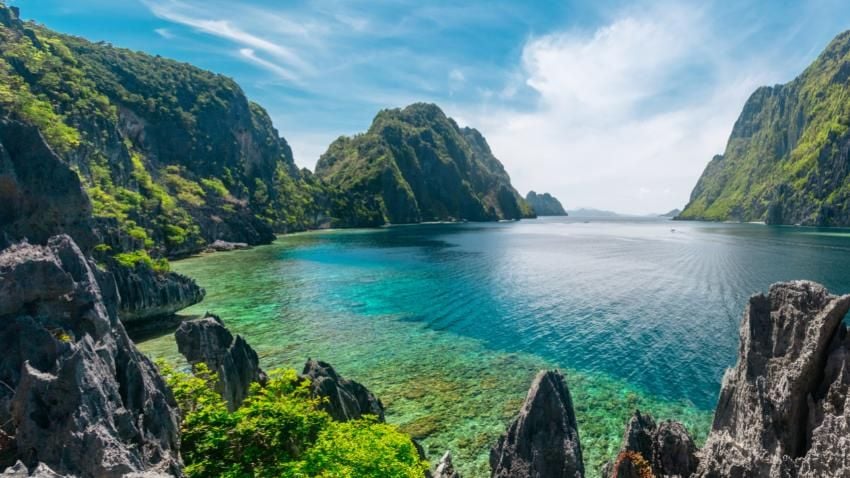
5 min read
The Philippines is an archipelago in Southeast Asia. Comprised of more than 7000 islands, it is a country of great natural beauty and biodiversity. The island of Luzon, home to Manila, the capital of the Philippines, is the largest and most populated island in the Philippines and is located in the northern portion of the archipelago. Many of the creatures in the Philippines are not found in other countries because of the hundreds of miles of sea between them and the Asian landmass.
Centuries of colonization have left a memorable mark on Filipino culture. The Spanish ruled for 400 years, which is why Tagalog borrowed its numbers and some of its words from Spanish. After America defeated Spain in the Spanish-American War, the Philippines was ceded to the USA, which ruled until the end of WWII. Being close allies in the post-war era allowed American cultural influence to shape Filipino economic and social development significantly.
Manila is one of the most densely populated cities in the world, with 100,000 people per square mile. Malls and fast food restaurants are ubiquitous throughout the megacity, including the iconic Jollibee, although traditional Western chains like Mcdonald's and Burger King are also popular. Many Filipinos migrate from the provinces to Manila, looking for better economic opportunities.
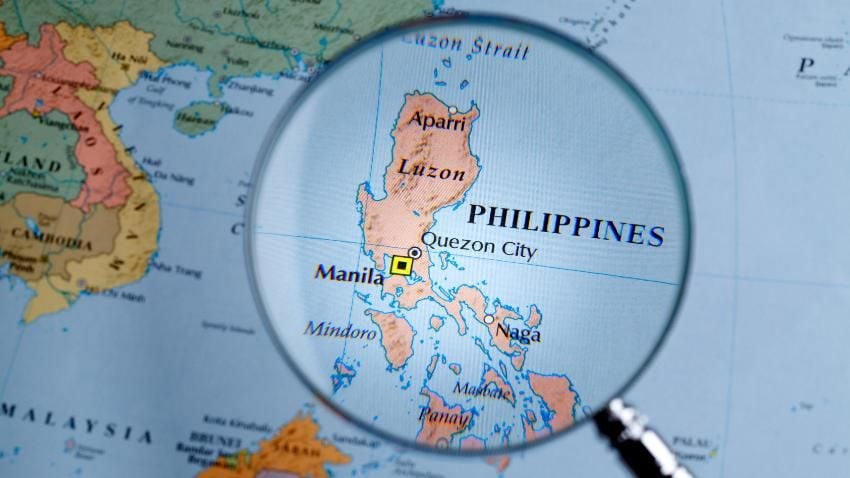
Many Filipinos migrate from the provinces to Manila, looking for better economic opportunities
The Special Investor Residence Visa allows holders to live in the Philippines for as long as their investment valued at $75,000 USD remains intact. The program is open to anyone 21 years or older and is not a restricted national. This visa is also valid for the spouse and minor children of the applicant. Individuals convicted of a crime of moral turpitude, who have a contagious illness, or who have been institutionalized for a mental disorder may not apply.
A wide range of investment options is available with this investor’s visa. Any publicly listed companies are fair game, as are sectors of the economy listed in the Investment Priorities Plan, such as manufacturing, agriculture, fishery and forestry, high-density, etc. Education, tourism, finance, and environmental services are just a few other sectors where you can make investments. Retail trade and restaurants are one area of the economy that is off-limits.
The Philippines offers many advantages to entrepreneurs. Filipino and English are official languages, and Filipino takes the number one spot. English is well understood since it is a government and commerce language (however, there are well over a hundred different languages throughout the archipelago). Even skilled labour is cheap, and the population is increasingly tech-savvy. High-speed internet speeds have soared under the direction of President Duterte. As the global economy becomes increasingly digital, businesses in the Philippines will become highly competitive.
Related content: The Basics Of How To Get A Second Passport Or A Second Residency
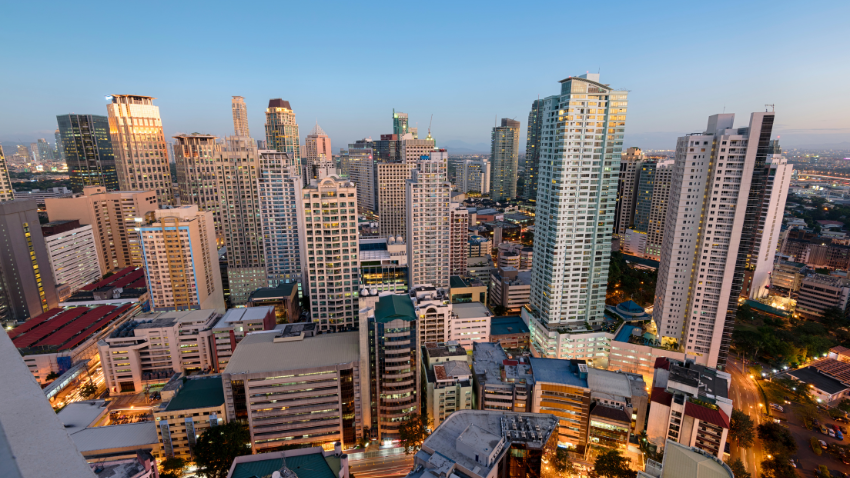
Completing the registration process upon arrival and securing suitable housing contribute to a successful transition to your new home in the Philippines
After ten years of continuous residency in the Philippines, one is permitted to apply for citizenship by naturalization. The special investor’s visa is a pathway to citizenship, so residence under it does count towards citizenship. Interestingly, one can reduce the ten-year requirement to just five years under the following conditions:
Aside from the length of time, you spend as a permanent resident of the Philippines. There are additional qualifications concerning applying for citizenship. They are:
Related content: Guide To Cambodian Citizenship By Investment.
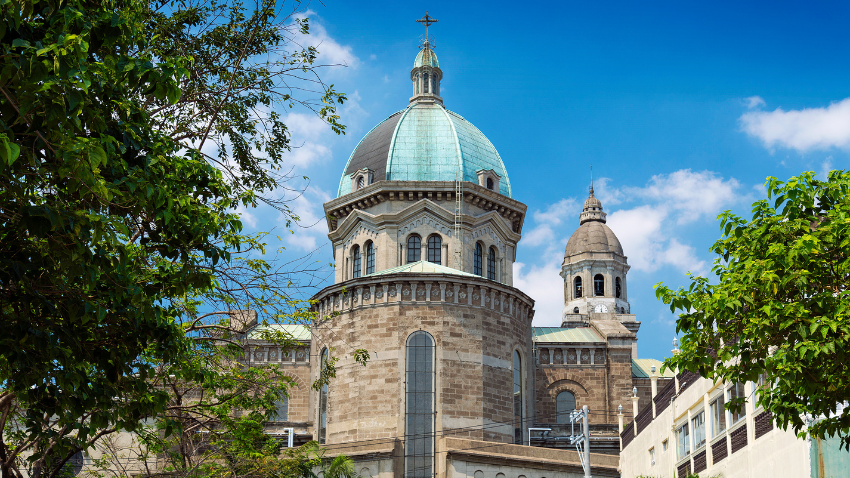
The Philippine embassy or consulate in your home country can provide the necessary information and assistance
Obtaining residency in the Philippines can be a straightforward process when you understand the requirements and follow the necessary steps. The first step is to gather the required documents for your application. The Philippine embassy or consulate in your home country can provide the necessary information and assistance in this regard. There are different types and categories of visas available, depending on the purpose and duration of your stay. Once you have completed the application form and gathered all the required documents, you can submit them along with the applicable fees to the embassy or consulate.
It's important to note that some visas may allow you to bring your dependents with you, such as your spouse and children. Seeking advice from the Philippine embassy or consulate can help clarify any specific requirements for bringing dependents. Additionally, it's advisable to keep track of any changes in the immigration law, as requirements and processes may be subject to updates.
The cost of living in the Philippines is very low, especially when you get outside of Metro Manila. You can have a high standard of living without spending very much money. Filipinos are very friendly, and because they speak English, it is much easier to have a rich social life than in many other countries. Transportation costs such as taxis, buses, and jeepney rides are also quite affordable. Domestic airfare is extremely cheap, and there are many great destinations to explore. There are tons of beaches to relax on and national parks to explore. And the Philippines is just a cheap ($100 USD) flight away from many fantastic travel destinations like Thailand, Japan, Korea, China, Hong Kong, Malaysia, and so on. The best part is that it is cheap to apply for this program, a mere $75,000 investment, which is relatively modest.
The processing timeline for residency applications can vary, so it's recommended to inquire about the estimated time it takes for the application to be processed. Once your application has been approved, you will receive a notification or confirmation from the embassy or consulate. Upon your arrival in the Philippines, it's essential to complete the necessary registration and documentation procedures with the local authorities.
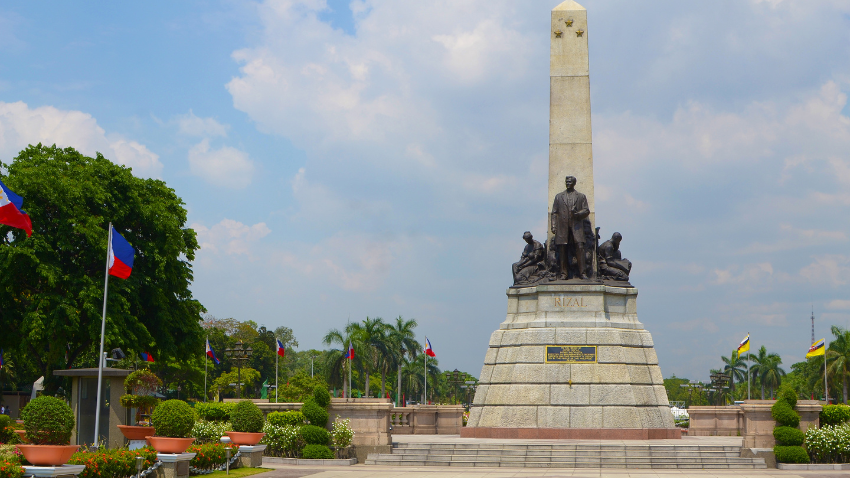
Seeking advice from the Philippine embassy or consulate can help clarify any specific requirements for bringing dependents
The Philippines used to have a citizenship-based tax system, like the USA and Eritrea, which it no longer employs. The Philippines is a residency-based tax system, so the worldwide income tax would apply to you once you become a tax resident. To be classified as a non-resident taxpayer, the person must live in the country for over 180 days. Non-residents only have to pay taxes on Filipino-sourced income.
The Philippines has a progressive income tax, with a top rate of ₱2,410,000 ($42,500 USD) plus 35% of the excess over ₱8,000,000 ($141,000 USD) for any values above ₱8,000,000.
An important risk for tax residents of the Philippines is the threat of double taxation. Double taxation occurs when two states lay claim to taxes on the same source of income. Luckily the Philippines does have several tax treaties to reduce this possibility.
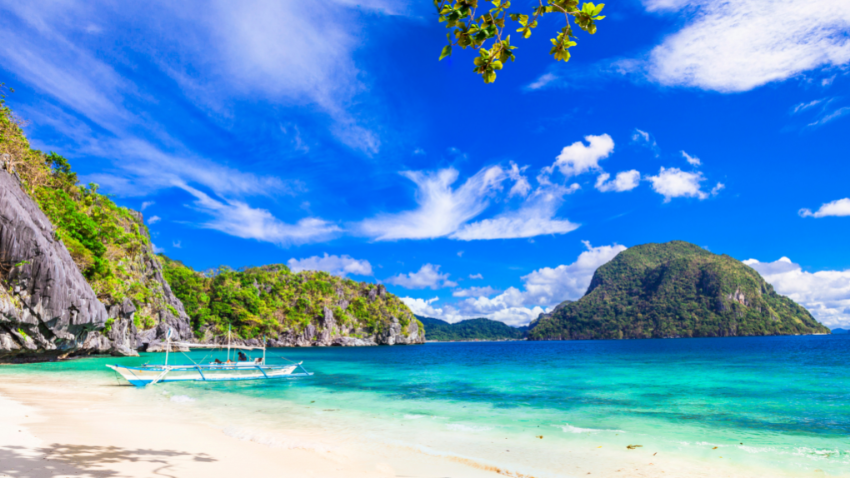
Once your application has been approved, you will receive a notification or confirmation from the embassy or consulate
The Philippines is an amazing country, with many sights to see and places to go to relax, and very abundant culture. Getting your residency through a special investor visa is relatively cheap and shockingly straightforward.
Since the cost of living is also relatively cheap, especially outside the Manila area, you can get more for your dollars’ worth. Like living in a beach house for a more affordable cost than you would in the USA. It would be a fantastic experience for you and your family.
Finding suitable housing is an important aspect of settling in the Philippines. Depending on your preference, you can choose from a range of options, such as apartments, condominiums, or houses. It's advisable to start researching and arranging your housing before your arrival to ensure a smooth transition.
In summary, the simplest way to obtain residency in the Philippines involves understanding the specific requirements and following the application process. Gathering the necessary documents, seeking advice from the embassy or consulate, and staying informed about any changes in the law are essential steps. Completing the registration process upon arrival and securing suitable housing contribute to a successful transition to your new home in the Philippines.
If you want the best intel from the expat world, including profitable offshore opportunities, little-known tax-saving strategies, and hard-won insights on immigration, passports, and Plan-B residencies, all delivered to your inbox every single week, then join our daily correspondence, EMS Pulse®. Currently enjoyed by over 84,000 expats and expat-hopefuls worldwide. Fill in the form below to join our newsletter free:

Written by Mikkel Thorup
Mikkel Thorup is the world’s most sought-after expat consultant. He focuses on helping high-net-worth private clients to legally mitigate tax liabilities, obtain a second residency and citizenship, and assemble a portfolio of foreign investments including international real estate, timber plantations, agricultural land and other hard-money tangible assets. Mikkel is the Founder and CEO at Expat Money®, a private consulting firm started in 2017. He hosts the popular weekly podcast, the Expat Money Show, and wrote the definitive #1-Best Selling book Expat Secrets - How To Pay Zero Taxes, Live Overseas And Make Giant Piles Of Money, and his second book: Expats Guide On Moving To Mexico.

Honduras’ newly elected president, Nasry Asfura of the conservative National Party, was sworn in on January 27, 2026. The election, held on November...

For a growing number of Americans, cost-of-living math no longer works. Housing feels harder to reach, everyday costs keep climbing, and long-term...
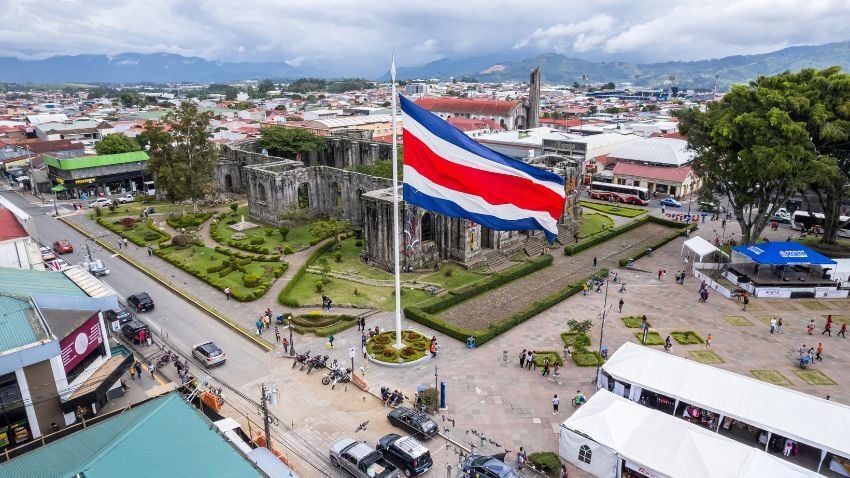
Costa Rica has become one of the most popular expat and digital nomad destinations in Latin America, known for its natural beauty, relaxed lifestyle,...